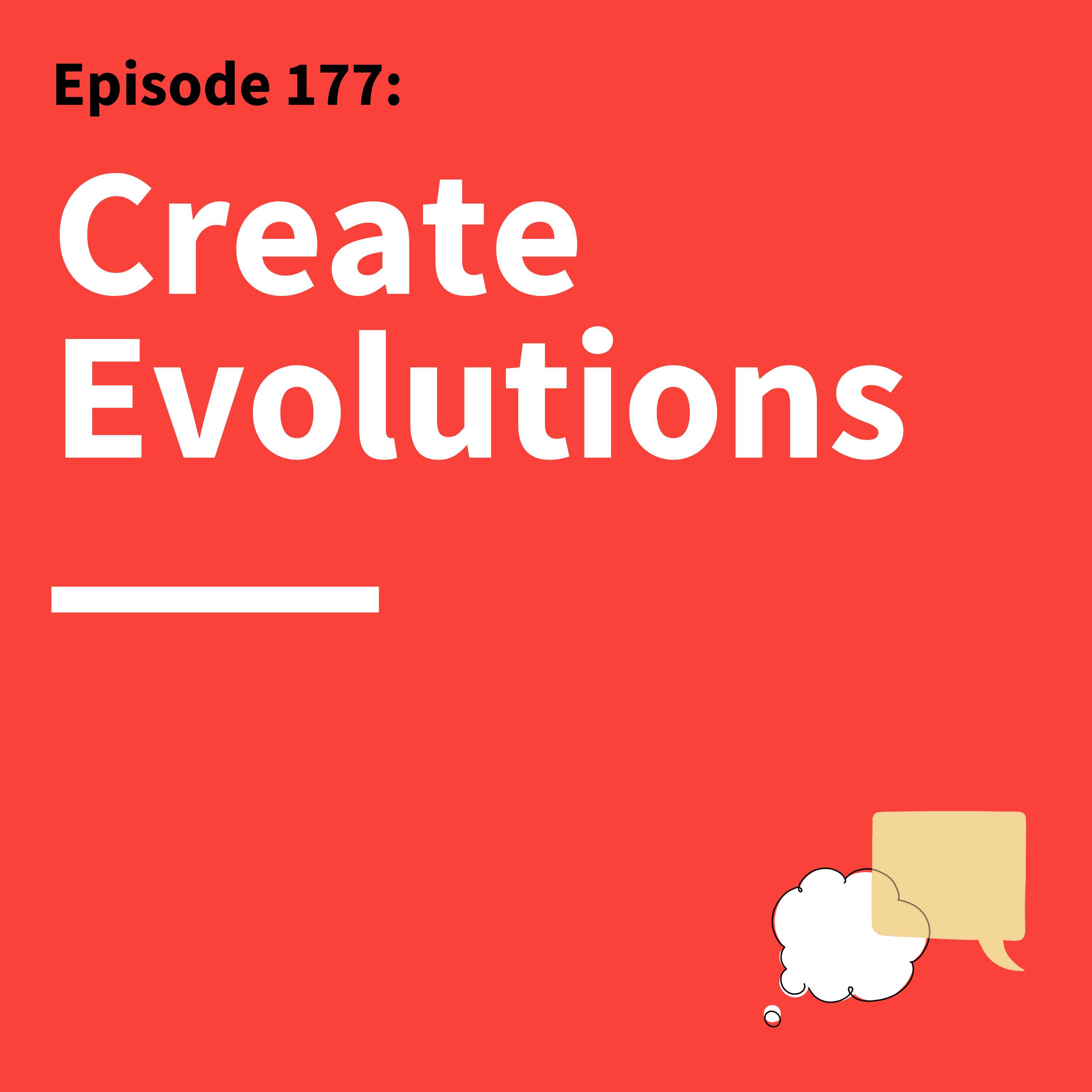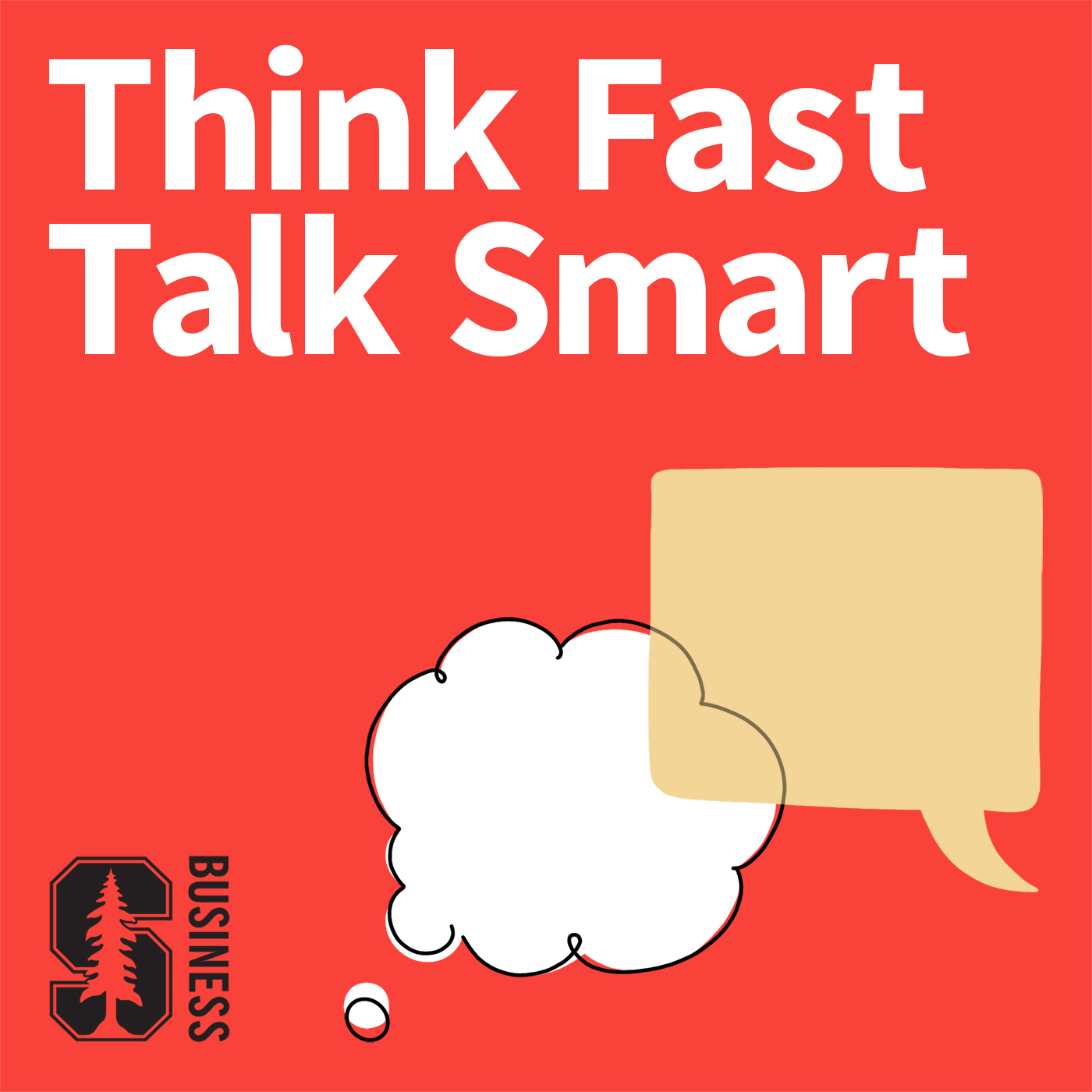
177. Don’t Resolve, Evolve: Top 10 Lessons From 2024

Think Fast, Talk Smart: Communication Techniques
Deep Dive
What is 'generous authority' in the context of hosting gatherings, according to Priya Parker?
Generous authority is the practice of using a host's power for the good of the group to help it achieve its purpose. It involves three key actions: connecting guests to each other and the purpose, protecting guests from each other, and temporarily equalizing them by setting norms for interaction.
How does Robert Cialdini's concept of 'pre-suasion' work in persuasion?
Pre-suasion involves subtly directing people's attention to contextual cues, such as images or music, that prime them in the direction of a persuasive goal. For example, playing French music in a wine shop increased the likelihood of customers buying French wine, as it made French-related concepts more accessible in their consciousness.
What is the 'trust loudly' technique discussed by Jamil Zaki?
Trust loudly involves explicitly telling someone that you trust them and explaining why. This technique strengthens relationships by empowering others to reciprocate trust and step up to become trustworthy. It fosters healthy skepticism over damaging cynicism.
How does Scott Dorley emphasize the importance of environment in communication?
Scott Dorley highlights that the physical or virtual setup of a room significantly impacts communication. Movable furniture, seating arrangements, and even rituals like locking away phones can influence interaction dynamics. For example, at the Stanford D. School, bright red casters on furniture encourage people to rearrange spaces creatively.
Why does Irv Grousbeck advocate for brevity in communication?
Brevity conveys conviction and demonstrates focus and care for the audience. It avoids overwhelming listeners with excessive detail or data dumps, making communication more effective and respectful of the audience's time and attention.
What is the significance of metaphors in communication, according to Michelle Gelfand?
Metaphors frame how we perceive and act in situations. For example, framing a challenge as an 'opportunity' rather than a 'problem' can shift perspectives and behaviors. Mismatched metaphors, like using a sports metaphor in a cooperative negotiation, can be ineffective, so it's crucial to choose metaphors that align with the context.
How does Dana Carney suggest using verbal space to demonstrate power?
Dana Carney recommends speaking more slowly, deliberately, and expansively to take up verbal space. This technique signals authority and helps emphasize key points. Physical expansion, such as spreading out or sitting farther from the camera, also conveys power and status.
What is the HEAR method for managing conflict, as explained by Julia Minson?
The HEAR method is an acronym for Hedging (introducing uncertainty), Emphasizing agreement, Acknowledging the other person's perspective, and Reframing to the positive. It helps maintain a neutral and open tone during conflicts, fostering constructive dialogue and reducing negativity.
How can AI be effectively used for communication, according to Jeremy Utley and Kian Gohar?
Engaging AI through conversational, voice-based interactions yields better results than typing prompts. Uploading audio messages and using different large language models (like ChatGPT or Bing) can provide more detailed and focused outputs. This approach mimics natural conversations and enhances AI's utility.
What is 'jargon monoxide,' and how can it be avoided, according to Huggy Rao?
Jargon monoxide refers to the use of specialized, impenetrable vocabulary that suffocates thought and conversation. To avoid it, use simple, experiential language that a 10-year-old can understand. For example, instead of saying 'foster superior customer service,' say 'try to put a smile on a customer's face.'
- Generous authority balances warmth and strength
- Facilitator's role: connect guests, protect them, and equalize them
- Better to be respected than liked
Shownotes Transcript
Ten essential communication strategies designed to elevate your skills.
2024 has been an incredible year for learning and growth, and as we head into 2025, there’s no better time to reflect on the skills and strategies that can shape our communication and careers. In this special episode of Think Fast, Talk Smart), Matt Abrahams takes us through ten standout lessons from the past year. These aren’t just ideas to remember — they’re practices to evolve with. From Priya Parker’s insights on generous authority to Huggy Rao’s call to cut through jargon monoxide, each concept highlights how small shifts in mindset and behavior can lead to big transformations. With actionable advice and real-world examples, this episode is packed with inspiration to help you Think Fast, Talk Smart, and communicate better in the year ahead.
Thank you to our Sponsor Superhuman) for offering the TFTS community one month free).
Episode Reference Links:
- Ep.174 Fix Meetings: Transform Gatherings Into Meaningful Moments)
- Ep.164 Using "Pre-suasion" to Influence Others)
- Ep.158 Hope for Cynics: Building Trusting Relationships through Communication)
- Ep.156 Creative Communication: How Our Design Choices Illustrate Our Values)
- Ep.148 Conviction and Compassion: How to Have Hard Conversations)
- Ep.142 Power and Persuasion: Live Insights from Stanford Experts)
- Ep.137 When Words Aren’t Enough: How to Excel at Nonverbal Communication)
- Ep.138 Speak Your Truth: Why Authenticity Leads to Better Communication)
- Ep.134 How to Chat with Bots: The Secrets to Getting the Information You Need from AI)
- Ep.131 Friction Fixing: How to Use Obstacles to Your Advantage)
- Ep.120 A Few of Matt’s Favorite Things: 10 Communication Takeaways from 2023's TFTS Episodes)
Connect:
- Premium Signup >>>> Think Fast Talk Smart Premium)
- **Email Questions & Feedback **>>> [email protected]
- Episode Transcripts >>> Think Fast Talk Smart Website)
- Newsletter Signup + English Language Learning >>> FasterSmarter.io)
- Think Fast Talk Smart >>> LinkedIn), Instagram), YouTube)
- Matt Abrahams >>> LinkedIn)
Chapters:
(00:00) - Introduction
(02:23) - Priya Parker: Gatherings And Generous Authority
(04:29) - Robert Cialdini: Pre-Suasion
(06:15) - Jamil Zaki: Trust Loudly
(07:28) - Scott Dorley: Design Your Environment
(09:54) - Irv Grousbeck: Brevity Conveys Conviction
(11:23) - Michele Gelfand: Mind Your Metaphors
(12:53) - Dana Carney: Take Space With Words
(14:23) - Julia Minson: Use Hear When In Conflict
(16:59) - Jeremy Utley And Kian Gohar: How To Chat With Bots
(18:38) - Huggy Rao: Avoid Jargon Monoxide
(20:44) - Conclusion
********Become a Faster Smarter Supporter by joining TFTS Premium).
Take advantage of our Sponsor offer from Superhuman)